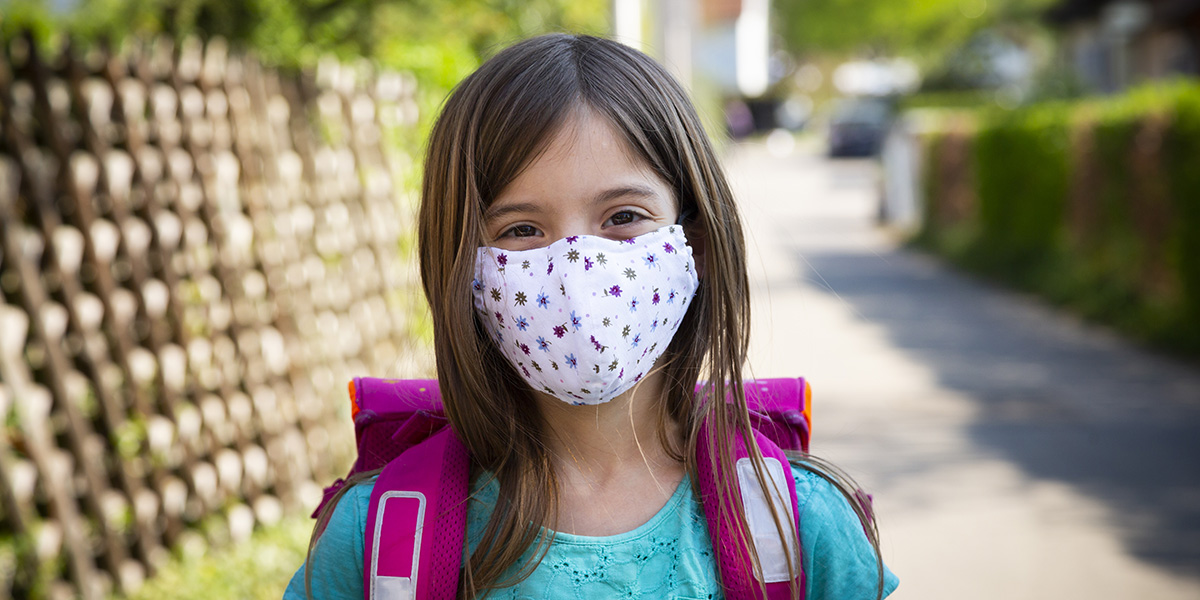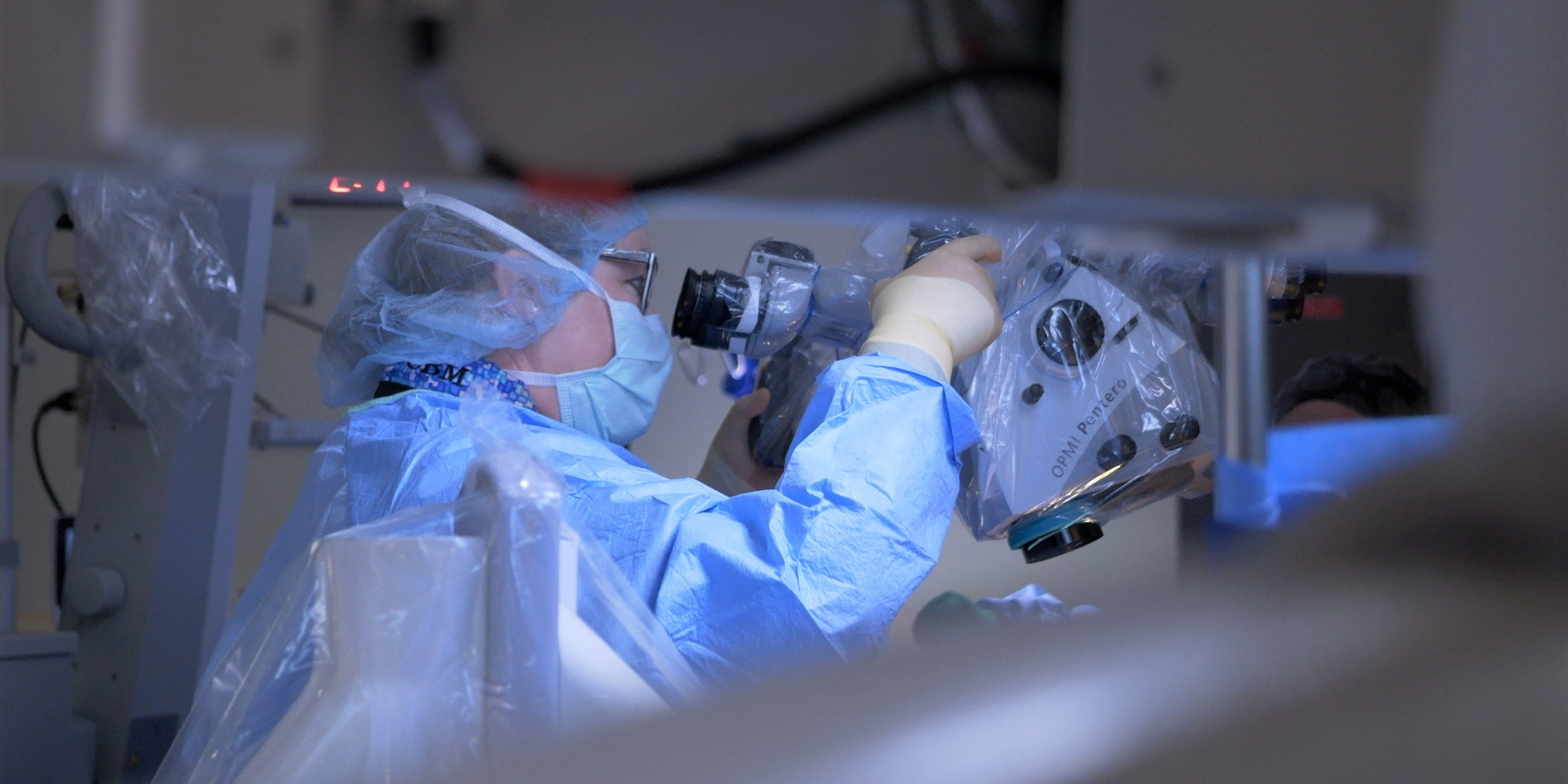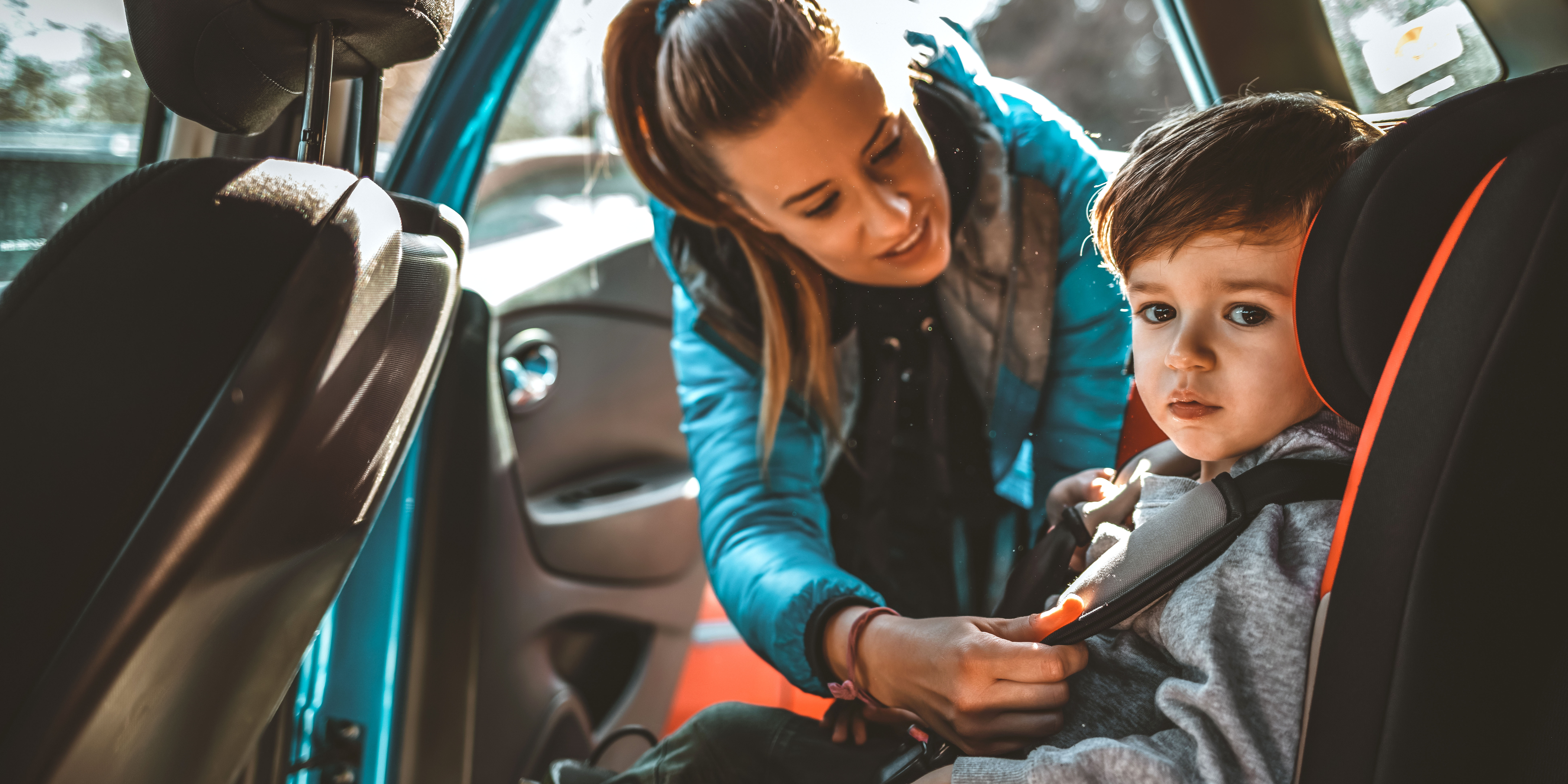
Back to school in the time of coronavirus
When it comes to COVID-19, some of the most difficult decisions revolve around children. Do they go back to school? Can they spend time with friends? How do we balance screen time when video chats and online classes are the new normal?
“This fall is daunting,” pediatrician Marcia Parra, MD, said. “It’s daunting as a mother, as someone who doesn’t want to get sick and as a professional who doesn’t want her patients to get sick.”
No matter what choice you’ve made regarding your children this fall, here are a few tips from pediatricians Marcia Parra, MD, and Donna Smith, MD, with Medical Group of the Carolinas.
Be kind to yourself
Whether you chose to send your child to school, to use digital options or to home-school, rest easy knowing you made the decision that was right for your family.
Today’s parents are balancing the needs of children to develop socially with the possibility of potentially infecting family members with COVID-19.
“It’s OK to make a decision that’s different from any you would have made at another part of your life,” Dr. Parra said.
Communicate clearly ...
Schools, both in person and online, will have expectations for students. Parents need to make sure their children understand those expectations.
Parents also need to clearly communicate their own rules about wearing a mask, washing hands and social distancing at school.
“You’ve got to say, ‘This is what our expectations are of you,’” Dr. Parra said.
… especially with teens
Teenagers are more likely to spread the virus currently than children are. They also tend to be asymptomatic with mild cases that can mirror a cold, according to pediatrician Donna Smith, MD.
“Teenagers, they think they’re invincible and this isn’t going to bother them,” Dr. Smith said.
They could, in turn, transmit the virus to more vulnerable people – such as grandparents.
Parents should communicate the risks and stress social distancing, mask wearing and handwashing – even during social situations where doing those things could make a teen feel self-conscious.
“They have to realize that it isn't just about them,” Dr. Smith said. “There may be people in their families or in their classes who are immunosuppressed.”
Reinforce common rules
Washing hands has always been important, especially during cold and flu season. It’s especially important now.
“We’ve been talking to kids about handwashing for years,” Dr. Parra said.
Proper handwashing includes 20 seconds of scrubbing, with soap, all parts of the hand and wrist. Watch a one-minute demonstration.
Children should also avoid touching their faces.
“Other than wearing a mask, it’s what we would typically tell children for general safety anyway,” Dr. Smith said.
Practice at home
Wearing a mask for long periods of time can be uncomfortable if you don’t have experience doing it – especially for kids.
“Practice makes perfect,” Dr. Parra said. “If they’re wearing a mask for the first time in class, then they’re not going to be able to do it.”
Between now and the beginning of class, Dr. Parra recommends practicing mask wearing around the house.
Set a routine
If your family is using a digital option or home schooling, be sure to maintain a regular schedule. That includes exercising and playing daily, going to bed at a regular time and waking up at a regular time.
“If you're going to bed at eight because you're going to school one day and staying up to 11 because you're home-schooling another day, that's not healthy,” Dr. Parra said. “Sleep is critical for a child’s health.”
Establish eating schedule
As kids are spending more time in front of a computer, they’re also eating more.
"I saw a lot of weight gain over the past three or four months,” Dr. Parra said. “I’ve seen patients putting on 15 and 20 pounds, and that’s not acceptable.”
With digital schooling, kids have regular access to the comforts of home – including the refrigerator. It’s important to avoid snacking during every break.
"They need to wake up. They need to have a healthy breakfast. They need to do their school assignments, and then, when it's time to go to lunch, that's when they eat lunch,” Dr. Parra said.
Keep an eye out
Hybrid schedules and home schooling can create feelings of isolation in some kids.
“Kids and teens are social creatures,” Dr. Smith said. “If they’re not going to school, find a way to arrange socialization online or organize playdates with families that take proper precautions.”
If a child is sleeping more than usual, avoiding activities they normally enjoy, or not doing their schoolwork, it could be a sign of anxiety or depression. Contact your child’s pediatrician if these symptoms appear, Dr. Smith said.
Pay attention to illness
It wasn’t too long ago that parents and kids might go to work or school even if they felt a little sick or had a mild fever. Those days are done, Dr. Parra said.
Be transparent with each other about illnesses and don’t hesitate to skip school or work until the child is feeling better.
"I’m a working parent myself. I understand the implication of missing workdays,” Dr. Parra said. “But these are unprecedented times. We need to be responsible for our family, for our community.”
Don’t ignore well visits
Immunization rates are falling.
“That’s a big concern worldwide,” Dr. Smith said. “People aren’t going to the doctor, so their kids aren’t getting immunized.”
Your child should continue going to the doctor for regularly scheduled well visits. At Medical Group of the Carolinas practices, exam rooms and touch points are sanitized between office visits. Social distancing is enforced, and appointments are staggered to minimize contact.
Be patient
It has become cliché, but it remains true – these are unprecedented times. Dr. Parra suggests that parents be patient with their children, teachers, administrators, physicians and employers.
"We're trying to navigate something that's brand new,” Dr. Parra said. “My hope is that we support each other, we're transparent with each other and we're patient with each other."












